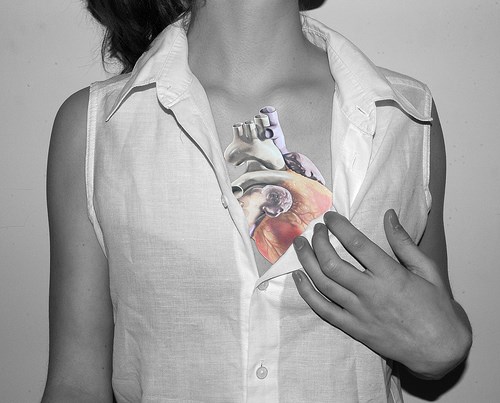The Offer Hope campaign was launched last week in Saskatoon to raise awareness about the importance of being an organ donor. The initiative is supported by, among others, the provincial government, the Saskatoon Health Region, and the Saskatchewan Transplant Program.
“We are really hoping to improve awareness and help people to have that conversation with their family members to help create awareness and support people to let them think about donation and sharing their decision with their family members,” said Diane Shendruk, director of the Saskatchewan Transplant Program.
Shendruk said that right now, donor rates are very low. One deceased organ donor can save up to eight lives by donating kidneys, corneas, the liver, the heart, the lungs, skin, intestine, bone, and heart valves. Currently in Saskatchewan, there are 90 people waiting for a kidney and 107 waiting for corneas. There are currently 615 transplant recipients living in Saskatchewan in total.
“This campaign is a reminder of the lifesaving and life-enhancing benefits of organ and tissue donation,” Health Minister Dustin Duncan said in a news release. “Everyone is a potential donor, and supporting donation is something we should all consider.”
As part of the campaign, the Saskatoon Health Region is releasing one story a month about an organ donor or recipient until the campaign ends in May.
The first, released in December, is the story of Acacia Tisher. After complications arose and she was declared brain dead after surgery on her spine in 2011, her parents agreed to donate her organs. Five people benefited from her heart, lungs, liver, and kidneys.
The second story, released in January, features a recipient named Cheryl Olson, who underwent a heart transplant in 2008.
Shendruk said it’s important to have the conversation about organ donation well in advance of when the issue would naturally come up and said it’s much easier to have the conversation when you’re healthy and well.
“It’s a difficult conversation to have at that time. People are grieving and it’s hard to make that kind of decision,” she said. “The donor in most cases isn’t able to have that conversation so to leave that conversation to people who you love is very difficult.”
Shendruk said in a news release that it’s important to remember that organ donation isn’t about death – it’s about potentially saving someone’s life.




